The 7.6 magnitude earthquake that struck Monday afternoon destroyed buildings, knocked out power to tens of thousands of homes and forced residents to evacuate. It was the most powerful earthquake to hit the region in decades, according to statistics.
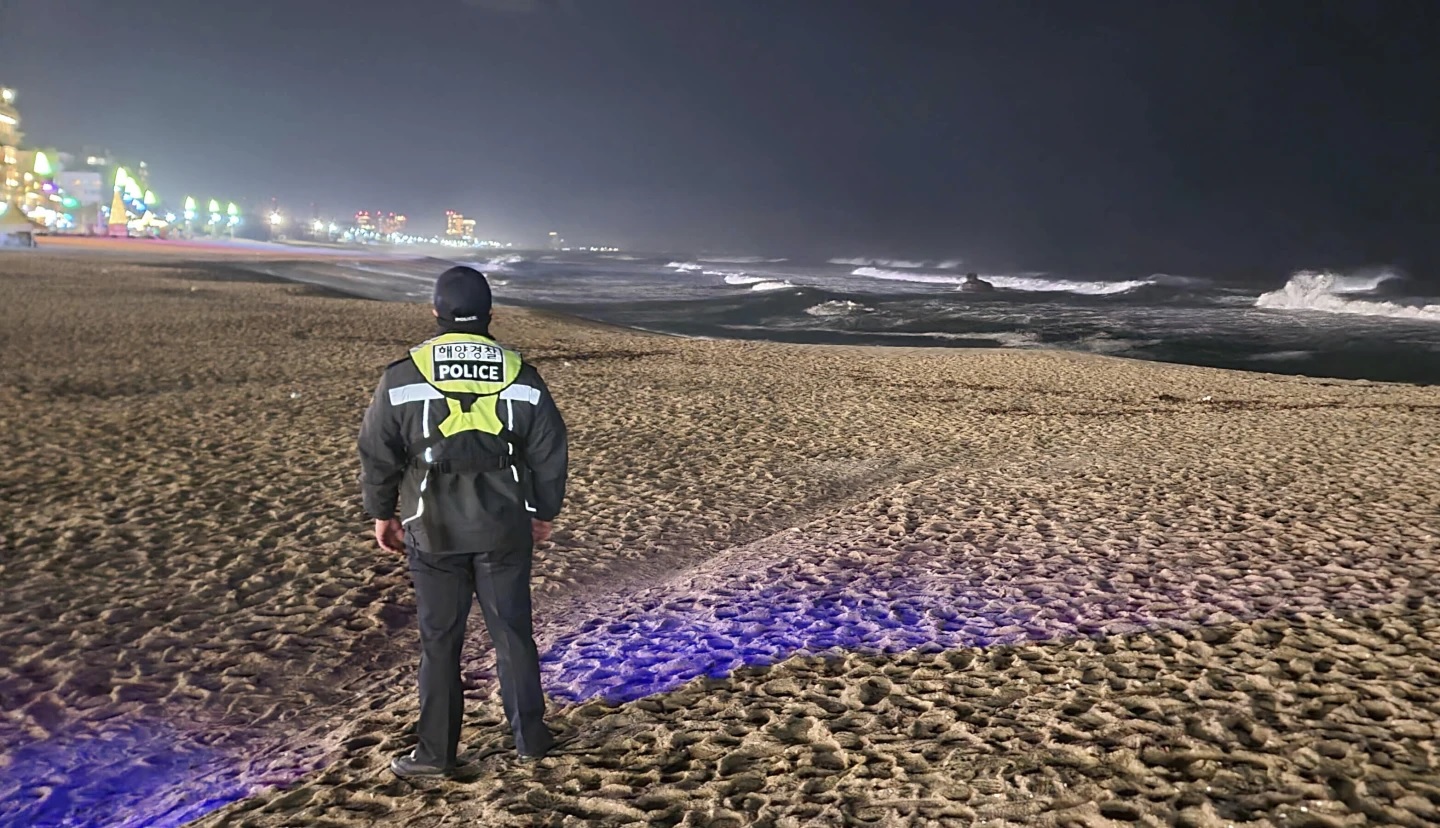
Japan's tsunami alert level has been lowered but remains dangerous. Photo: AP
Japan has lowered its tsunami warning to its highest level, but asked people in coastal areas not to return home as deadly waves could still hit.
Specifically, the warning has been downgraded to a normal tsunami, meaning the sea could still generate waves up to 3 meters high. The Japan Meteorological Agency said aftershocks could also hit the same area in the next few days.
Public broadcaster NHK initially warned that the water could reach up to 5 metres. They continued to broadcast the warning hours later as aftershocks rocked the area.
The station also reported that doctors were unable to reach a hospital in the hard-hit town of Suzu. They said the hospital was relying on backup generators because of the power outage.
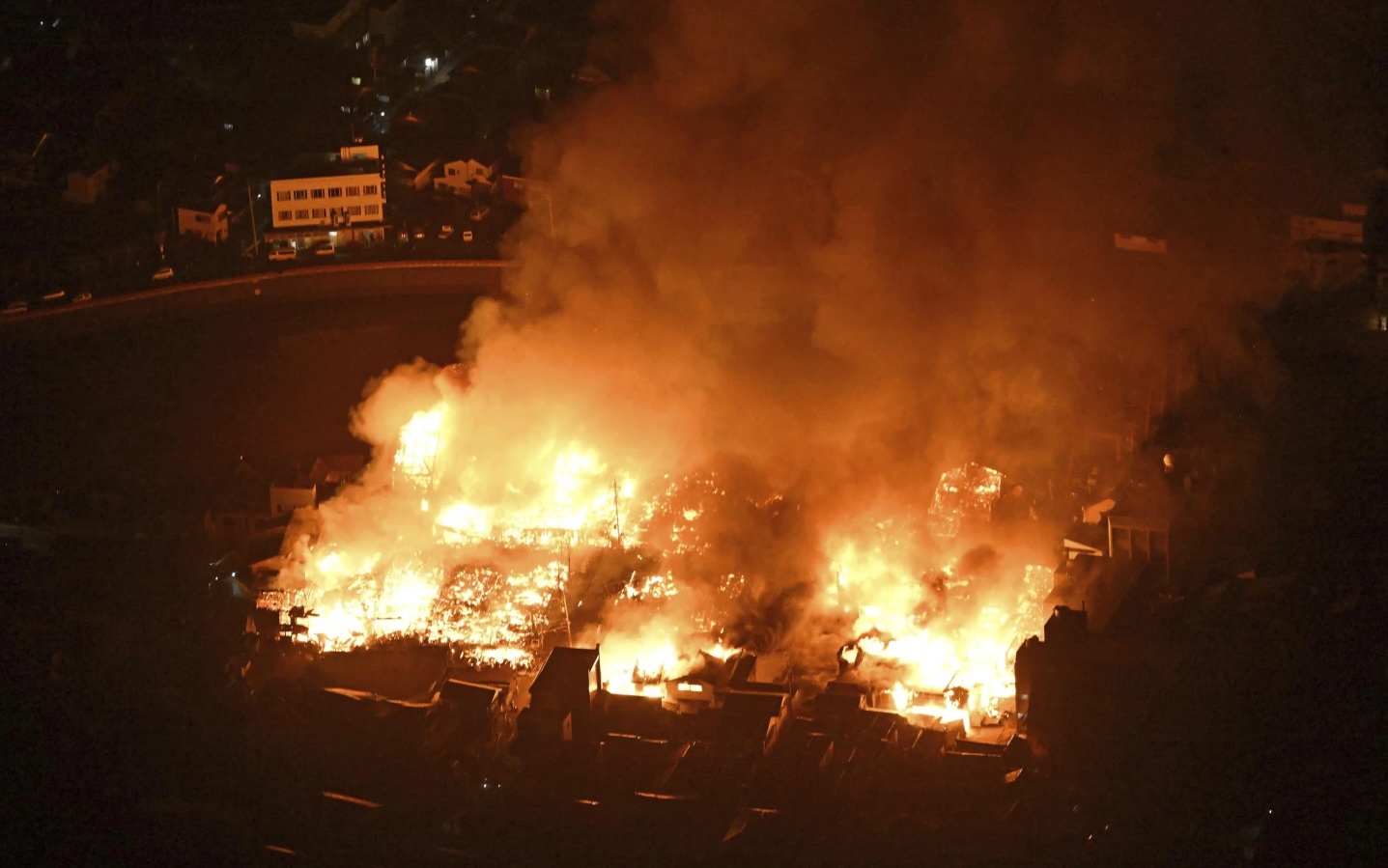
A fire caused by an earthquake in Ishikawa prefecture, Japan on January 1, 2024. Photo: Kyodo
NTV television quoted local police as saying a man in his 90s died after a building collapsed in Shika town, Ishikawa prefecture.
Kyodo further reported that the four deaths in Ishikawa, citing the Prefectural Crisis Management Team, included a man and a woman in their 50s, a boy and a man in his 70s.
Japanese Prime Minister Fumio Kishida told reporters late Monday that search and rescue teams were having difficulty reaching the worst-hit areas due to road closures.
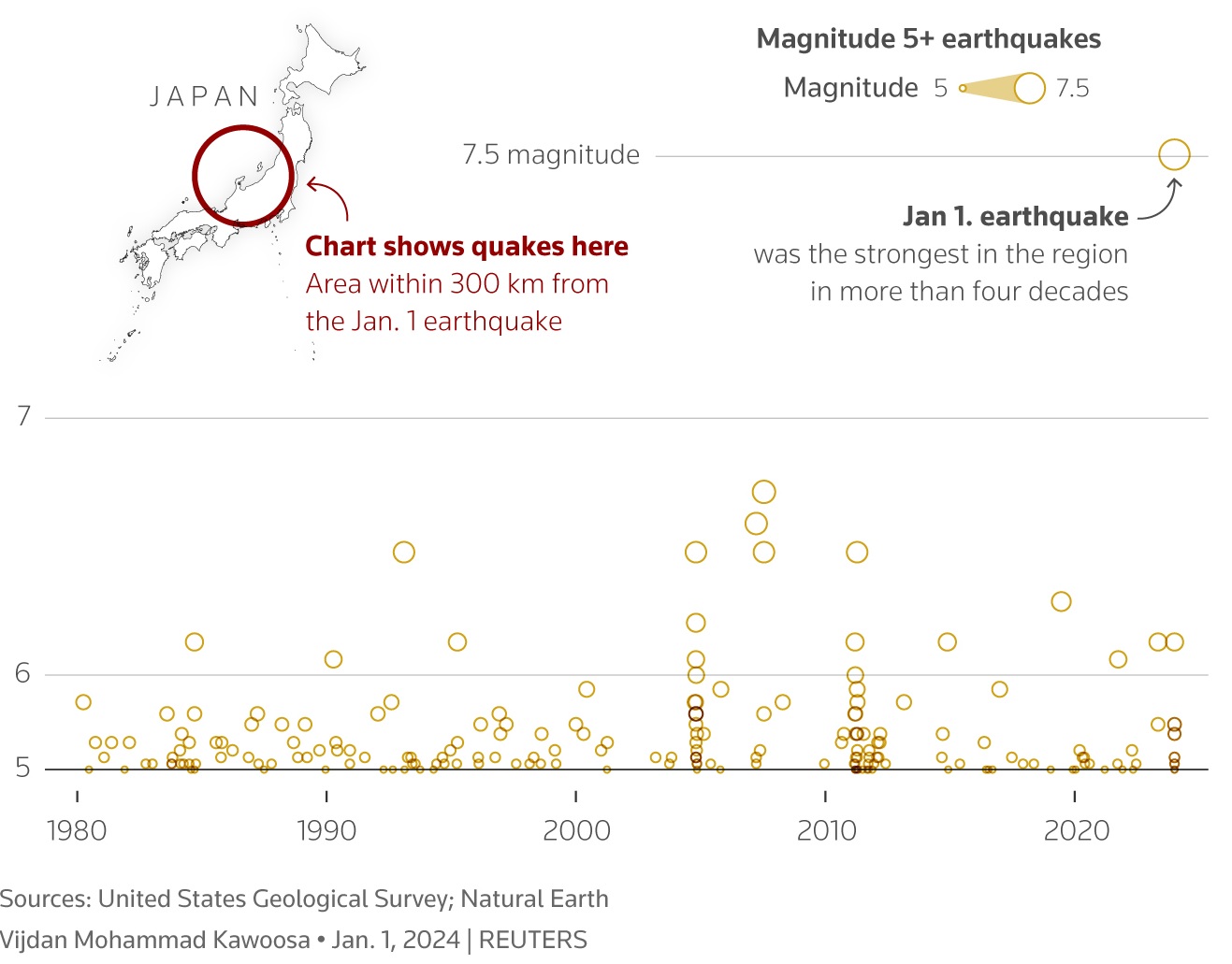
This is the strongest earthquake in many years in Japan. Graphic photo: Reuters
The Japanese government said as of Monday evening it had ordered the evacuation of more than 97,000 people in nine prefectures on the west coast of the main island of Honshu. Nearly 33,000 households remained without power in Ishikawa prefecture early Tuesday morning, according to the Hokuriku Electric Power website.
The Nuclear Regulation Authority said no abnormalities were detected at nuclear plants along the Sea of Japan, including five operating reactors at the Ohi and Takahama plants in Fukui Prefecture.
Hoang Anh (according to Kyodo, NHK, Reuters)
Source


![[Photo] Phuc Tho mulberry season – Sweet fruit from green agriculture](https://vstatic.vietnam.vn/vietnam/resource/IMAGE/2025/4/10/1710a51d63c84a5a92de1b9b4caaf3e5)
![[Photo] Prime Minister Pham Minh Chinh chairs meeting to discuss tax solutions for Vietnam's import and export goods](https://vstatic.vietnam.vn/vietnam/resource/IMAGE/2025/4/10/19b9ed81ca2940b79fb8a0b9ccef539a)






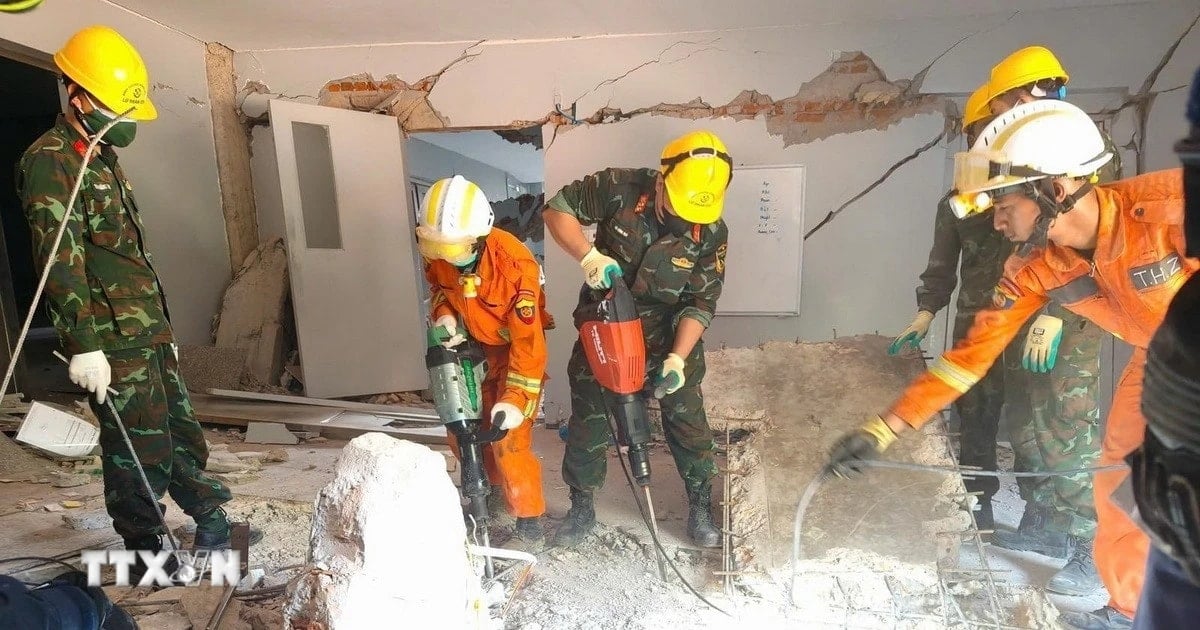







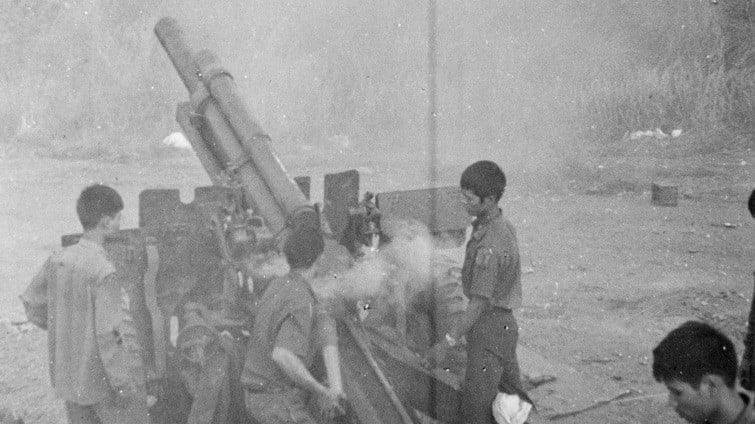
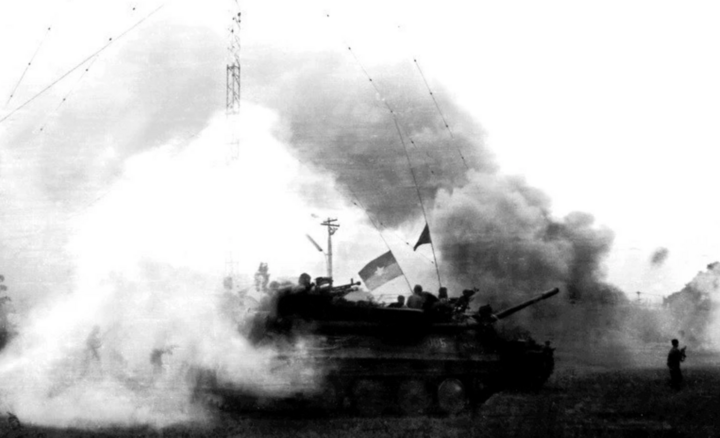













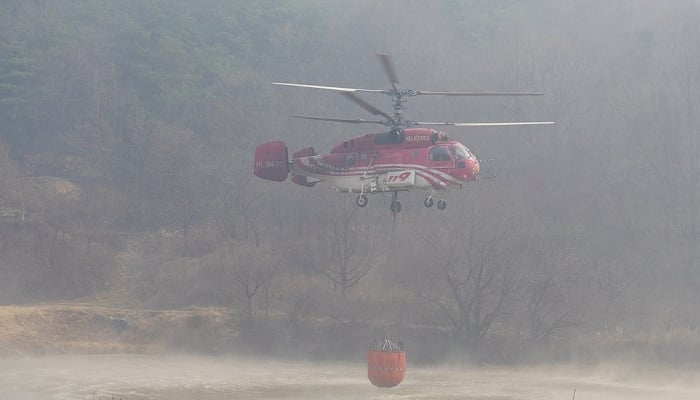
![[Photo] Unique folk games at Chuong Village Festival](https://vstatic.vietnam.vn/vietnam/resource/IMAGE/2025/4/10/cff805a06fdd443b9474c017f98075a4)













































![[Photo] Taking advantage of every sunny hour, asphalting the road through the old forest of Y Ty](https://vstatic.vietnam.vn/vietnam/resource/IMAGE/2025/4/11/c11987f152014781abe6aad9e09fb401)



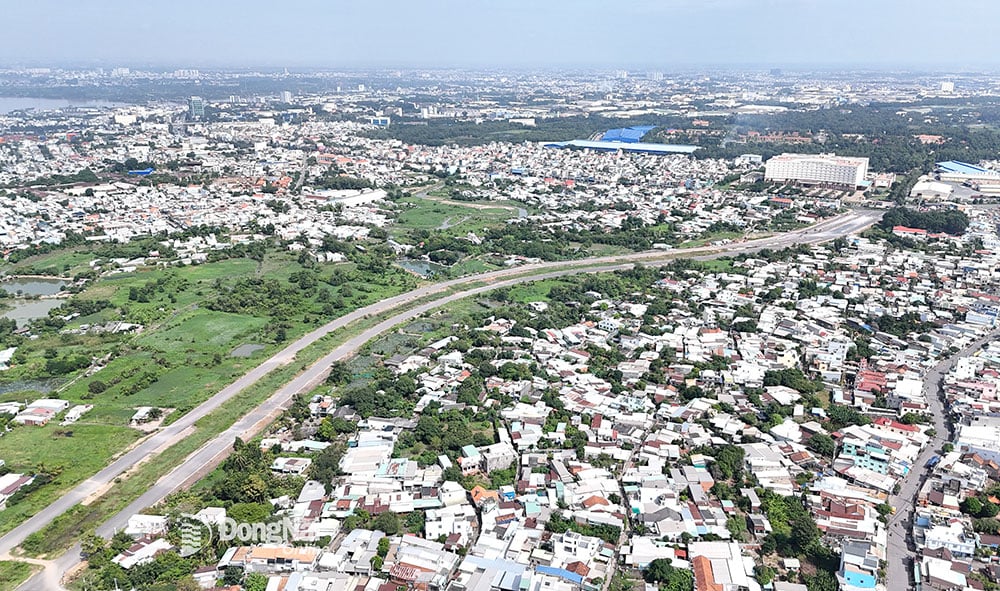

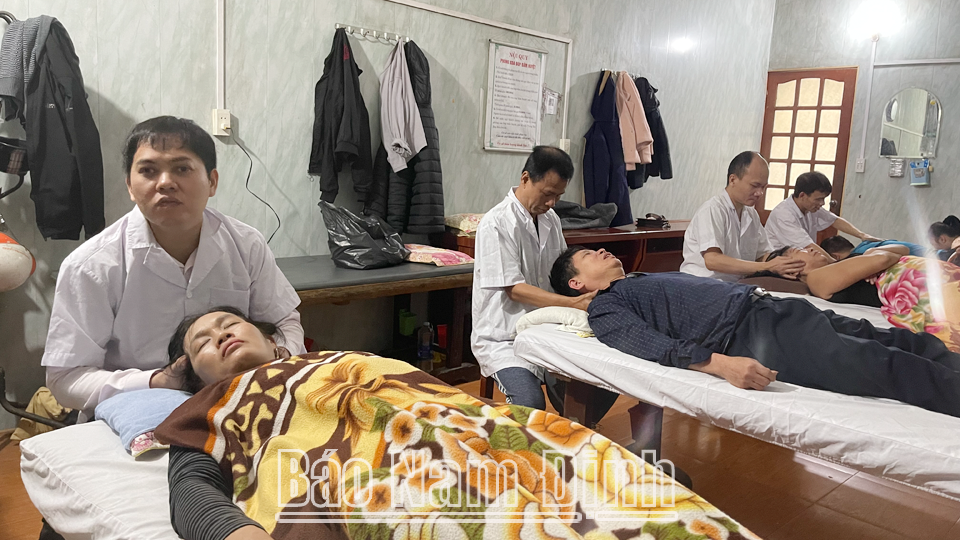



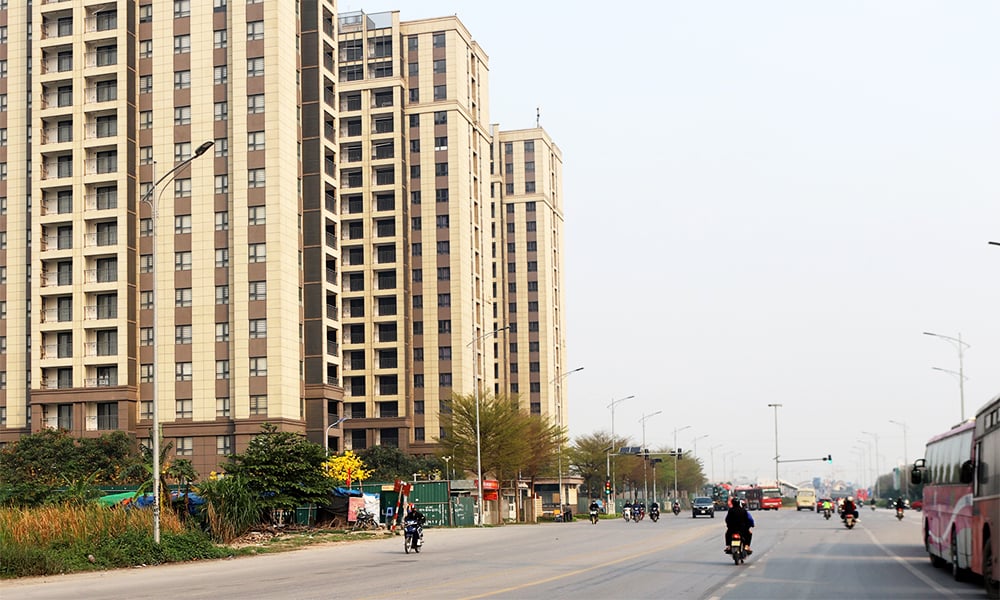









Comment (0)